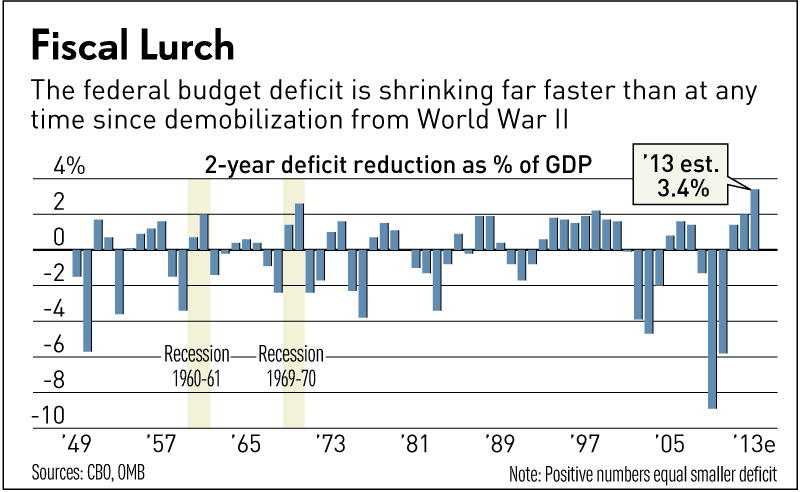Last night President Barack Obama gave the annual State of the Union address before the nation and a joint session of Congress. He made a lofty speech outlining his plan for the nation over the next year, most of which are highly unlikely to come to fruition due to the intransigence of the Republican held House. Will any of this be remembered in a month? Or, for that matter, next year? Does anyone remember the promises and goals from last year’s SOTU? I doubt anyone remembers this:
EXCLUSIVE: Obama To Announce Mortgage Crisis Unit Chaired By New York Attorney General Schneiderman
by Sam Stein, The Huffington Post
WASHINGTON — During his State of the Union address tonight, President Obama will announce the creation of a special unit to investigate misconduct and illegalities that contributed to both the financial collapse and the mortgage crisis.
The office, part of a new Unit on Mortgage Origination and Securitization Abuses, will be chaired by Eric Schneiderman, the New York attorney general, according to a White House official.
Schneiderman is an increasingly beloved figure among progressives for his criticism of a proposed settlement between the 50 state attorneys general and the five largest banks. His presence atop this new special unit could give it immediate legitimacy among those who have criticized the president for being too hesitant in going after the banks and resolving the mortgage crisis. He will be in attendance at Tuesday night’s State of the Union address.
Ahh! Now, you remember that. Whatever happened to the Residential Mortgage-Backed Securities Working Group? Apparently not much.
Obama’s Mortgage Crisis Working Group Falls Short Of Billing
by Sam stein and Ryan Grim, The Huffington Post
A year later, progressives said they consider the panel a disappointment and, possibly, a diversion to placate Schneiderman and homeowner advocates. The Justice Department said it doesn’t know what the fuss is about.
“You described it as a unit that was announced to great fanfare,” said Tony West, the number three man in the Justice Department, in an interview. “A lot of people have the misimpression that this is some type of prosecutorial department that was set up. What the working group is is exactly that. It is part of the financial fraud enforcement task force. It doesn’t stand alone.” [..]
Schneiderman’s working group, critics said, has not lived up to that billing. [..]
According to those involved in putting together cases, officials at the SEC were naturally disposed to striking quick settlements rather than carrying out long-term investigations. The Justice Department, meanwhile, was worried about shaking a recovering housing market and fragile banks.
(Mike) Lux, in particular, pointed an accusatory finger at working group co-chairman Lanny Breuer, the assistant attorney general for the Justice Department’s Criminal Division, who has said he will leave his post next month. [..]
Whether driven by Breuer’s presence or not, the working group suffered from what the high-level source called “leaked leverage.” With different actors wanting slightly different outcomes, it closed cases that may have potentially been made bigger. Among those cited include one last month, when the Office of the Comptroller of the Currency and the Federal Reserve reached a $8.5 settlement with 10 U.S. banks on charges of foreclosure abuses.
Stein and Grim state that ‘progressives interviewed for this story who know and like Schneiderman offered the same conclusion: He got played.” Former blogger for FDL, David Dayen disagrees:
I agree with David, Mr. Schneiderman’s settlement with banks here in New York have been disappointing, to say the least. He is not some naive neophyte. He knew precisely what he was signing up for when he was offered the position with this group.
Up Date: 18:12 EST 2.13.13: From David Dayen at Salon:
Wall Street wins again
The secret truth: There never was a “task force” dedicated to ferreting out mortgage fraud
This is the key point. There are no offices, no phones and no staff dedicated to the non-task force. Two of the five co-chairs have left government. What “investigators” there are from the task force are nothing more than liaisons to the independent agencies doing their own independent investigations. In the rare event that these agencies file an actual lawsuit or enforcement action, the un-task force merely puts out a statement taking credit for it. Take a look at this in action at the website for the Financial Fraud Enforcement Task Force, the federal umbrella group “investigating” financial fraud. It’s little more than a press release factory, and no indictment, conviction or settlement is too small. The site takes credit for cracking down on Ponzi schemes, insider trading, tax evasion, racketeering, violations of the Americans With Disabilities Act (!) and a host of other crimes that have precisely nothing to do with the financial crisis. To call this a publicity stunt is an insult to publicity stunts. [..]
Maybe these groups who claim to be interested in accountability should have recognized the value of what pressured the White House to set up the diversionary tactic of a task force in the first place: public shaming. Last month’s Frontline documentary “The Untouchables” has had arguably more of an impact on reviving moribund financial fraud cases than anything else. Within a couple of weeks of its premiere, the head of the criminal enforcement division, Lanny Breuer, announced he would step down. Then, DoJ suddenly decided to sue credit rating agency Standard and Poor’s over its conflict of interest in rating clearly fraudulent securities as safe assets, a case it had been investigating for two years. You can view this as an accident of timing; it seems more like a direct response. Shaming has done far more than a pretend task force, though that’s admittedly a low bar. You would think outside pressure groups would have recognized the virtue of outside pressure instead of trying to play an inside game.
h/t priceman


Recent Comments